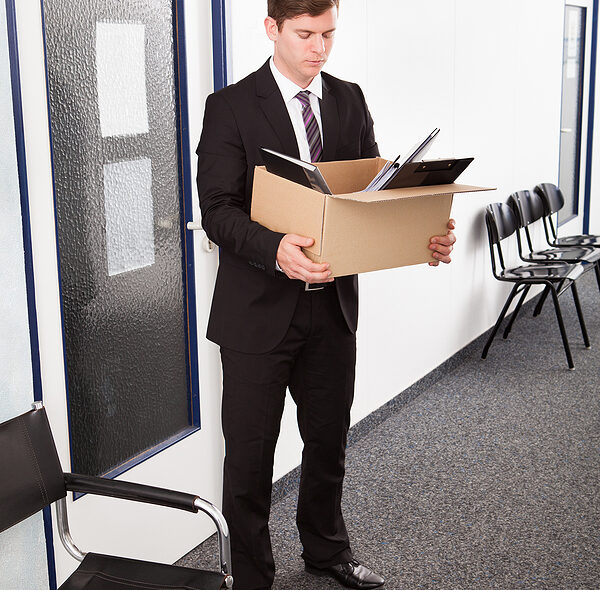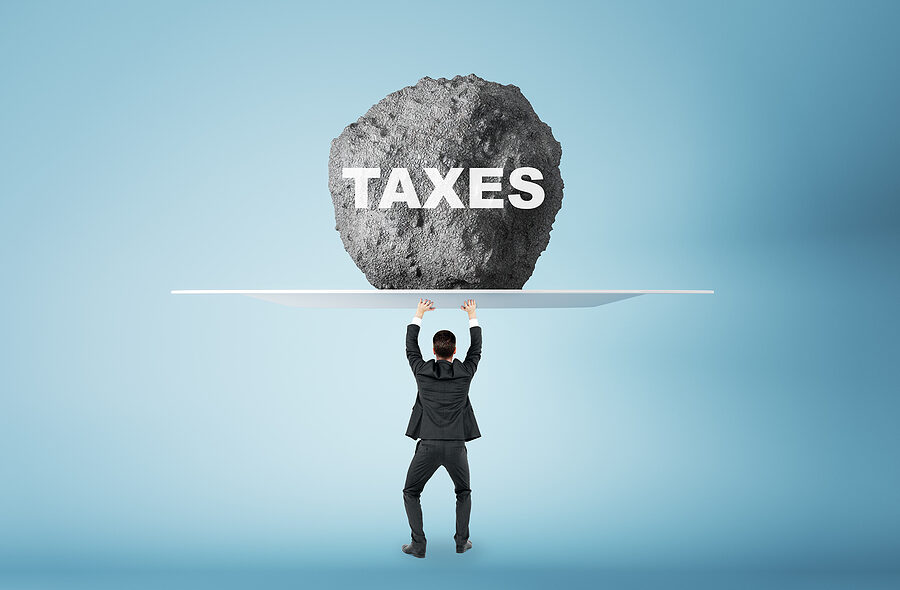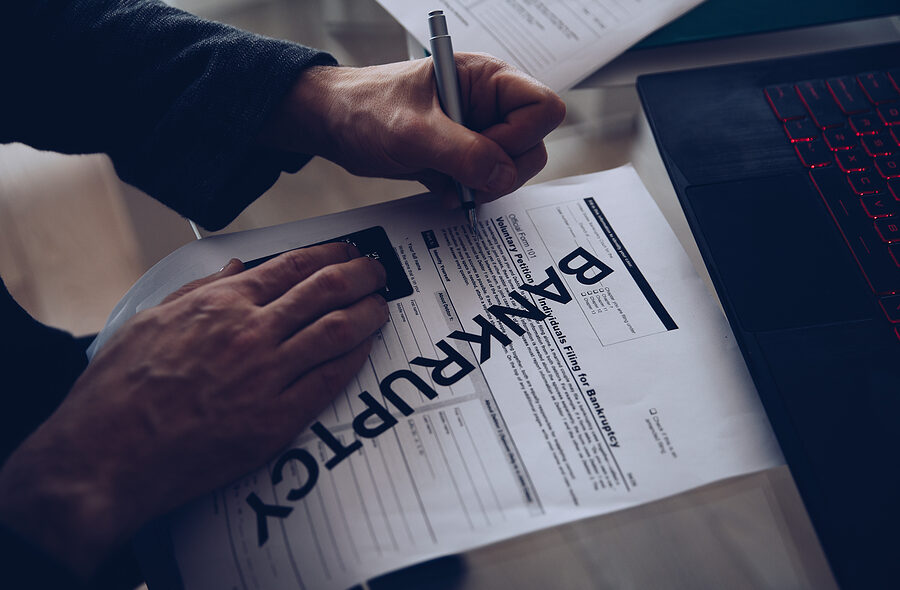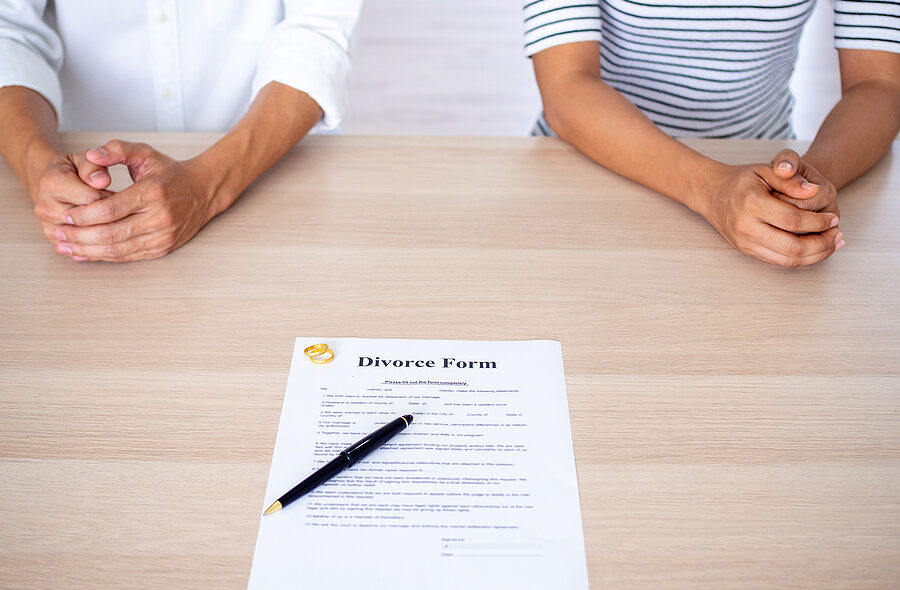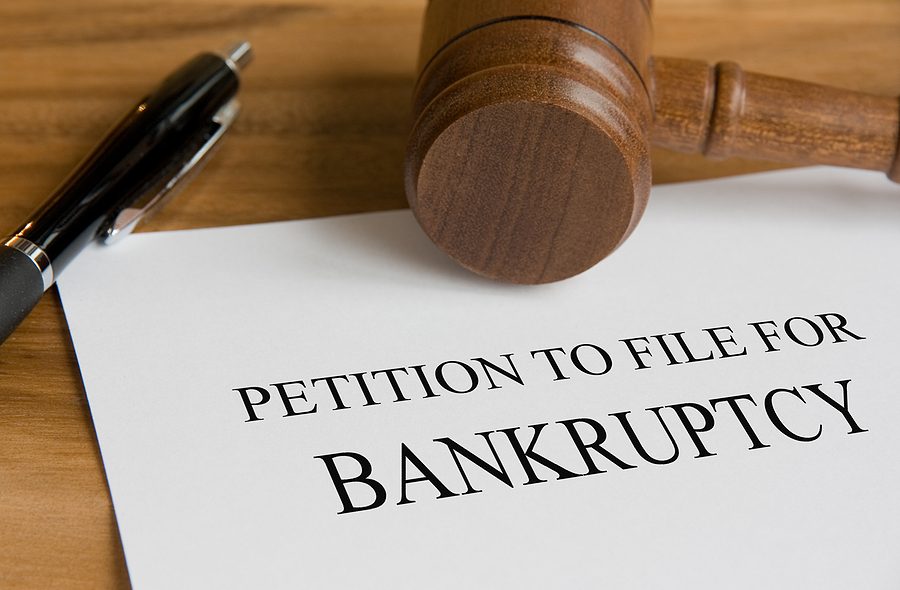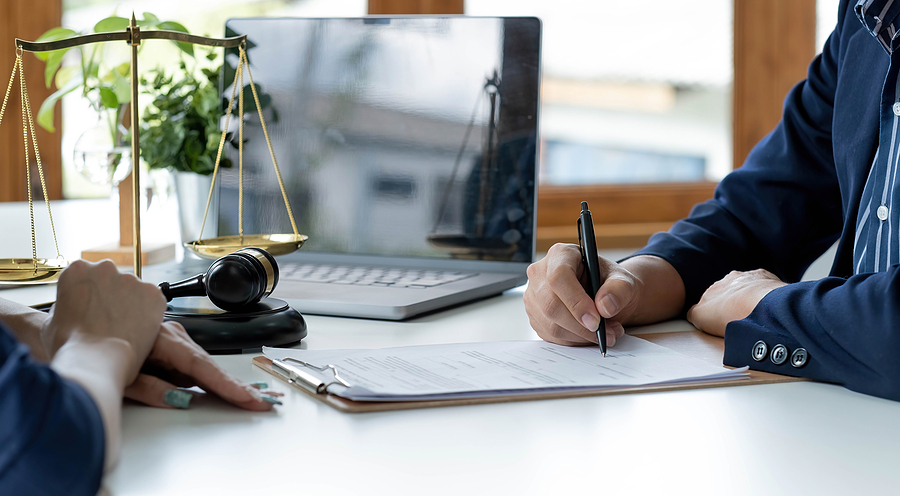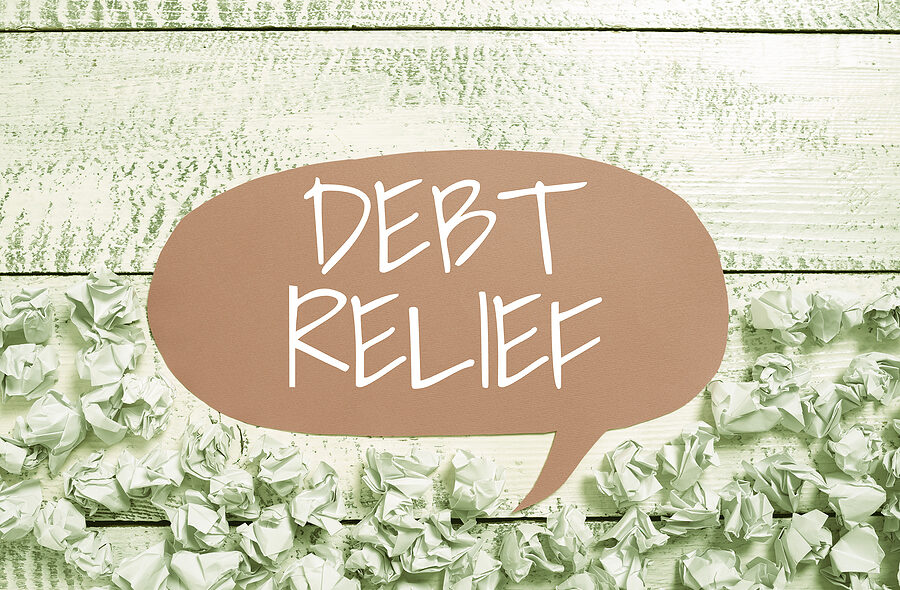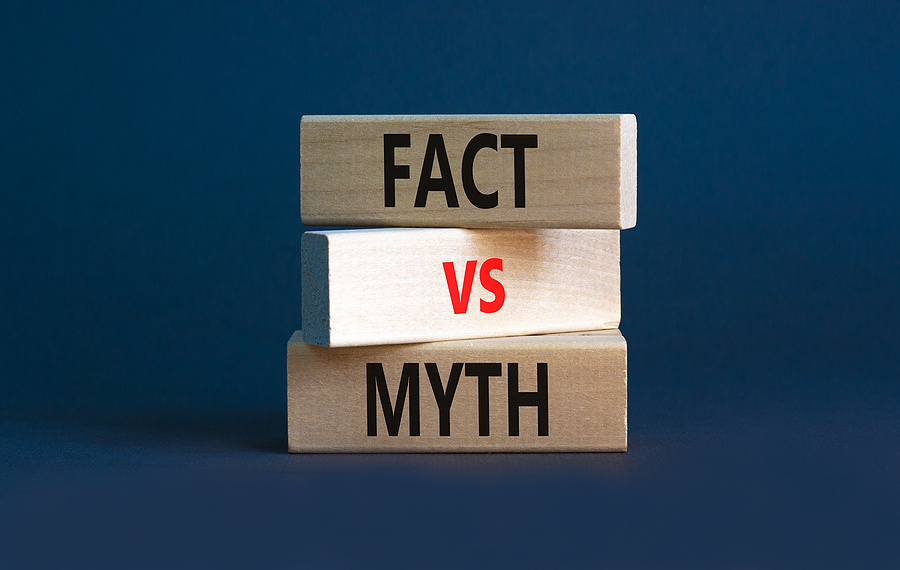Bankruptcy will affect many areas of the filer’s life, but many times, the fear of whether a bankruptcy case will adversely affect a person’s current or future employment will prevent him or her from pursuing a bankruptcy case. Filing for bankruptcy is not an easy decision and many people fear a social stigma after they file. The truth is the stigma against people who file for bankruptcy has greatly decreased over the last 20 years, and there is no indication that debtors will be treated less favorably after filing for bankruptcy. In fact, it is oftentimes easier to reestablish your credit after filing for bankruptcy, because you are essentially given a “clean slate.”
Can an Employer Fire Someone Due to Bankruptcy?
An employer cannot fire someone solely because he or she filed for bankruptcy. An employer can also not use a bankruptcy filing as a reason to change someone’s terms or conditions of employment. This means that the employer cannot reduce an employee’s salary, demote him or her, or take away job responsibilities because the employee filed for bankruptcy.

